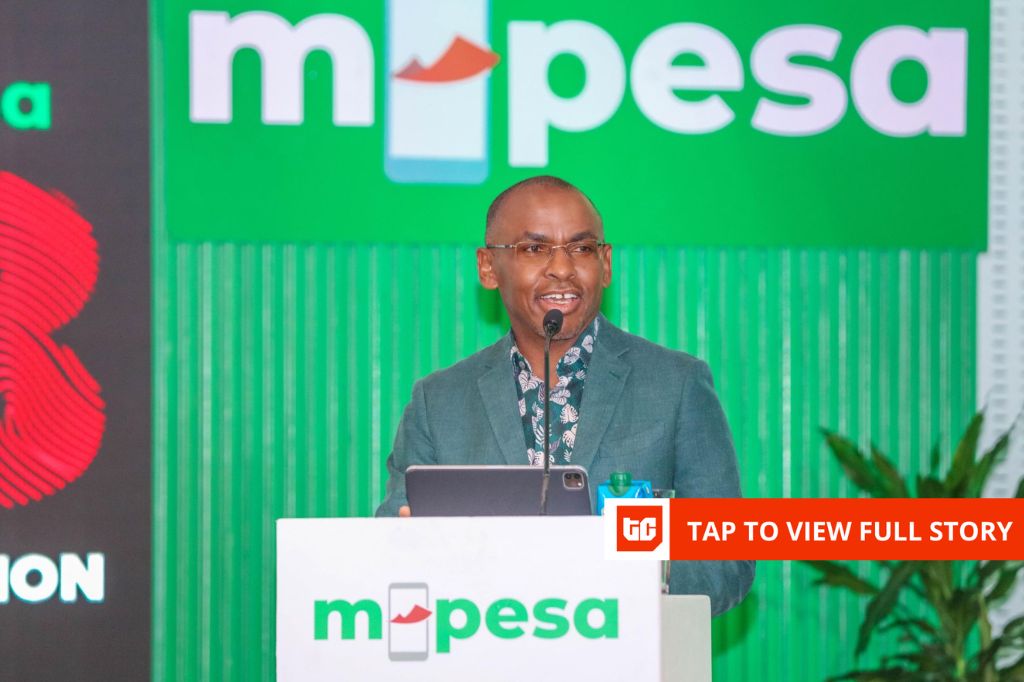For the first time, more Safaricom customers now rely on its M-Pesa mobile money service than on its traditional mobile network, signalling a major shift in the company’s business model.
In the six months to September (H1 FY26), Kenya’s biggest telco reported 37.9 million one-month active M-Pesa users, compared with 37.5 million mobile subscribers, per its latest investor presentation. Data service subscribers stood at 31.9 million.
Its mobile money also generated more revenue than core telco services like calls, data, and text. The platform reported KES 88.1 billion ($676.9), driven by higher transaction volumes and a growing merchant network. That figure exceeds the total revenue from mobile data ($309.6 million), mobile voice ($305 million), and messaging ($42.2 million) over the same period.
M-Pesa now accounts for 44% of total service revenues, pointing to the growing importance of the mobile money service to Safaricom.
The telco has been expanding the backbone of its mobile money by introducing merchant solutions, insurance, and wealth management products. In the period, the number of businesses accepting M-Pesa payments rose to 2.4 million, covering SMEs across the country. Its agent network stood at 319,300 active agents; a footprint larger than that of all other financial-sector service providers in Kenya, including banks, combined.
In the six months, the company reported a 52.1% rise in profit to KES 42.8 billion ($331 million), helped by M-PESA business and a reduction in losses from its Ethiopian unit. Total revenue rose 8.1% to KES 204.7 billion ($1.58 billion), supported by an 11.1% jump in service revenue to KES 199.9 billion ($1.54 billion). Mobile services grew 14% over the period.
Calls to split M-Pesa
Kenya’s National Treasury and the Central Bank of Kenya (CBK) have been pushing Safaricom to spin off M-Pesa into a standalone subsidiary to give regulators more control.
In August, the Treasury Secretary told Bloomberg that the plan to split Safaricom into three separate units—its core telecom business, a tower company, and the mobile money giant M-Pesa—was in motion, a move that could also involve the state selling part of its 35% stake in the company.
However, Safaricom prefers a group reorganisation that keeps M-Pesa under the same corporate umbrella, arguing that a complete spin-off would only make sense if it adds value for shareholders and customers, not to meet regulatory demands.
On November 12, Vodacom Group, which holds a 40% stake in Safaricom, ruled out splitting M-Pesa from the core business and listing it separately, despite pressure from Kenyan authorities.











